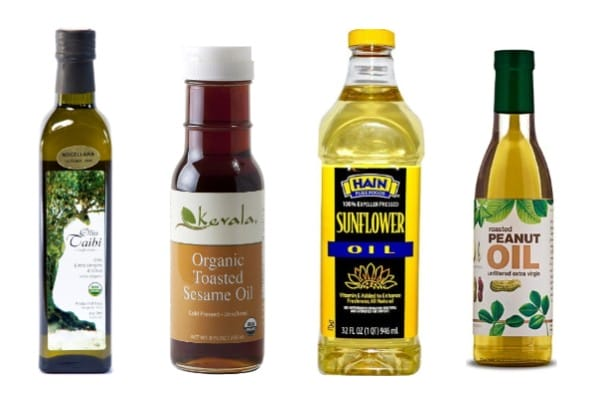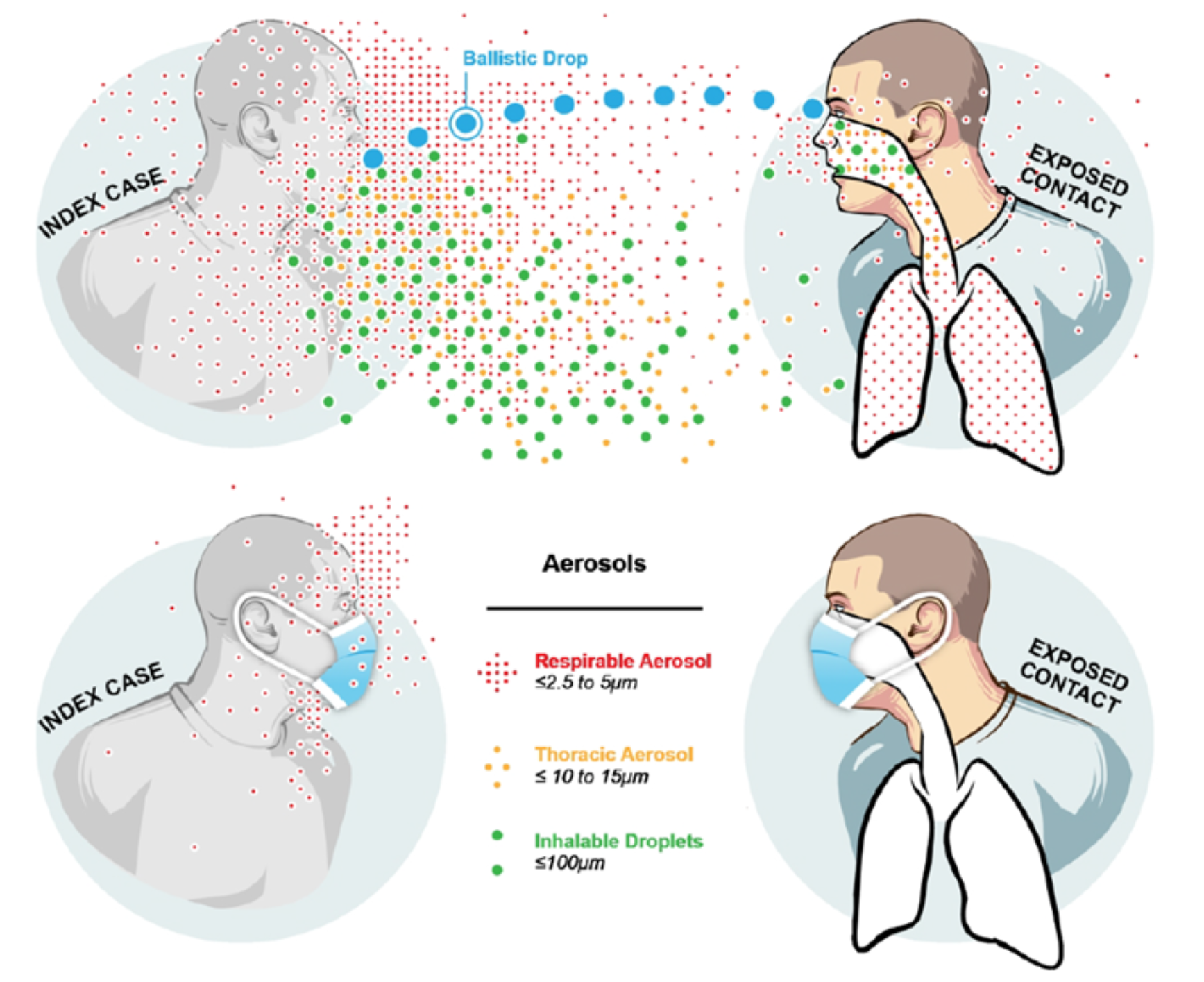Plant-based oils have emerged as a powerful alternative to traditional butter, promising numerous health benefits. Recent research reveals that incorporating these oils into your diet can significantly cut the risk of premature mortality by up to 17%. This dietary shift not only introduces healthier unsaturated fats but also aligns with emerging studies linking oil consumption to reduced instances of chronic diseases. Furthermore, these butter alternatives can be part of a broader approach to enhancing diet and longevity, as they offer valuable health benefits, particularly for cardiovascular health. With the potential to lower mortality risks, making the switch to plant-based oils is a decision that could lead to a more vibrant and longer life.
In the realm of nutrition, the term ‘plant oils’ encapsulates a range of alternatives to dairy-based fats, notably butter. These vegetable-derived oils are rich in unsaturated fats, contributing to various health aspects including reducing the risk of chronic illnesses. The growing interest in butter substitutes is closely tied to ongoing discussions about diet and longevity, highlighting the emerging understanding of how certain dietary fats impact our mortality risks. Recent studies suggest that regular use of these healthful oils could foster healthier living, driving a paradigm shift in dietary habits and preferences. As more individuals seek to enhance their well-being, embracing these nourishing alternatives may become a crucial element of a health-conscious lifestyle.
The Health Benefits of Replacing Butter with Plant-Based Oils
Studies show that swapping out butter for healthier alternatives like plant-based oils can dramatically improve health outcomes. This recent research highlights a notable 17% reduction in premature mortality risk associated with increased consumption of oils such as soybean, canola, and olive oil. These oils, which are rich in unsaturated fats, not only support cardiovascular health but also contribute to reduced mortality rates from conditions like cancer and heart disease.
By integrating plant-based oils into your diet, you can harness their numerous health benefits. Unsaturated fats found in these oils are known to enhance heart health and provide essential fatty acids that the body needs for optimal functioning. Furthermore, as more studies emerge on the correlation between diet and longevity, plant-based oils consistently show promise in promoting a healthier, longer life.
Understanding Unsaturated Fats for a Healthier Future
Unsaturated fats play a crucial role in reducing the risk of chronic diseases. Unlike saturated fats found in butter, which have been linked to increased mortality risk, unsaturated fats found in plant-based oils promote heart health. Incorporating oils such as olive, avocado, and canola oil into meals can help maintain healthy cholesterol levels and support the body’s overall wellness. As dietary guidelines continue to evolve, understanding the difference between these fat types is essential for optimal health.
Consumer awareness of unsaturated fats is growing, yet many still hold on to outdated perceptions regarding dietary fat. The shift towards incorporating more plant-based oils in our diets aligns with findings that advocate for reduced butter consumption. Enhanced nutritional education around these fats can empower individuals to make informed decisions about their health, significantly impacting diet and longevity.
The Impact of Dietary Fats on Mortality Risk
Research findings indicate a significant relationship between dietary fats and mortality risk. The recent study from Mass General Brigham and Harvard shows that participants who consumed the highest amounts of butter exhibited a 15% increased risk of dying compared to those who consumed the least. In contrast, those who opted for plant-based oils displayed a 16% lower risk. This stark contrast underlines the importance of dietary choices in reducing mortality risk.
It’s vital for individuals to recognize how everyday dietary swaps can lead to profound health benefits. By replacing butter with healthier oils, people not only enjoy better flavors but also contribute to better health outcomes and longevity. Moving towards a more plant-based diet could be a simple yet powerful strategy in combatting chronic diseases and enhancing life expectancy.
Plant-Based Oils as a Viable Butter Alternative
Using plant-based oils as a substitute for butter opens up a treasure trove of culinary possibilities while boosting nutritional intake. Oils like olive and canola not only replace butter in cooking and baking but also enhance ingredient textures and flavors. This adaptability ensures that your meals remain delicious without sacrificing health, proving that dietary changes can be both enjoyable and beneficial.
Additionally, integrating a variety of plant-based oils into your diet can help diversify nutrient intake. Each oil has its unique profile of vitamins and antioxidants, contributing to overall health. Emphasizing plant-based oils in cooking can promote a broader understanding of food’s role in health, steering everyone towards nutritional choices that favor life-enhancing properties.
Dietary Swaps: Simple Steps for Better Health
Making simple dietary swaps, such as substituting butter with plant-based oils, can significantly impact long-term health and wellness. Researchers affirm that even small reductions in butter consumption can lead to substantial changes in mortality risk. This highlights how minor adjustments in daily eating habits lead to substantial health benefits over time.
Adopting plant-based oils in place of saturated fats should be viewed as an attainable goal for anyone looking to enhance their diet. As people become more health-conscious, easy-to-implement dietary swaps can pave the way for improved health outcomes, fostering longevity and reducing the risk of diseases associated with poor dietary choices.
Cancer Mortality and Dietary Choices
The link between dietary fat types and cancer mortality is an essential component of ongoing health research. The study illustrates a strong connection between high butter consumption and cancer-related deaths, while increased intake of plant-based oils is associated with the opposite effect. By shifting dietary practices, individuals can potentially lower their risk of developing certain cancers associated with saturated fat intake.
Health experts recommend focusing on dietary patterns that prioritize unsaturated fats from plant-based oils over saturated fats. This shift is not just limited to cancer prevention but extends to overall health improvement. Thus, the importance of informed dietary choices cannot be overstated when considering long-term health outcomes.
Public Health Implications of Diet Changes
The implications of these findings are significant for public health. Encouraging individuals to substitute butter with plant-based oils could lead to a dramatic decrease in the prevalence of common health issues, particularly heart disease and certain cancers. Public health campaigns, therefore, might focus on the importance of these dietary swaps to promote better health at a community level.
Policymakers and health professionals need to work together to encourage dietary changes that prioritize health benefits derived from plant-based oils. Instituting educational programs about the difference between various types of fats can empower individuals and communities to make choices that not only benefit their health but also contribute to the reduction of overall healthcare burdens.
Long-Term Health Benefits of Plant-Based Oils
Transitioning to a diet that includes more plant-based oils has long-term health benefits that extend well beyond weight management. With studies suggesting a link between the reduction of saturated fats and lower mortality rates, incorporating oils like olive and canola becomes essential. These oils support brain health, enhance metabolic functions, and contribute to a prolonged, healthier life.
Additionally, understanding and promoting the health benefits of these oils can lead to a significant shift in dietary habits. As more people adopt plant-based oils, they not only enrich their meals but also pave the way for improved health metrics in communities. This positive feedback loop will empower individuals to prioritize nutrition in their day-to-day choices.
Future Research Directions in Nutrition
As this study opens new avenues for research into dietary fats and their effects on health, scientists are eager to explore the underlying biological mechanisms at play. Future research could shed light on how plant-based oils interact with other dietary elements and their precise roles in reducing mortality risk. Understanding these interactions can further solidify recommendations for healthy eating.
Investigating the societal factors that influence dietary choices will also be crucial. As researchers continue to delve into the implications of diet on public health, it’s important to consider how access and education can impact dietary decisions. This comprehensive approach will ensure that the shift towards healthier fat consumption is not just a trend but a sustained movement towards better health for all.
Frequently Asked Questions
What are the health benefits of using plant-based oils instead of butter?
Replacing butter with plant-based oils can significantly reduce the risk of premature death by up to 17%, as evidenced by recent studies. Plant-based oils, such as olive, soybean, and canola oils, are rich in unsaturated fats, which are healthier than the saturated fats found in butter. This dietary swap is associated with lower mortality rates from various diseases, including cardiovascular disease and cancer.
How can butter alternatives contribute to a longer life?
Butter alternatives like plant-based oils have been linked to improved health outcomes. By incorporating these oils into your diet, you can lower your risk of premature death. The study indicates that just 10 grams of plant-based oil instead of butter daily can lead to substantial long-term health benefits, reducing mortality risk significantly.
What types of unsaturated fats are most beneficial from plant-based oils?
Plant-based oils predominantly contain unsaturated fats, particularly monounsaturated and polyunsaturated fatty acids. Oils such as olive oil and canola oil are excellent sources of these healthy fats, which can enhance heart health and reduce the risk of chronic diseases compared to saturated fats found in butter.
Which plant-based oils are recommended for better health and longevity?
Research highlights soybean, canola, and olive oils as the most beneficial plant-based oils for health and longevity. These oils are linked to lower mortality rates and are excellent substitutes for butter, promoting a healthier dietary pattern that supports longevity.
How does the consumption of plant-based oils relate to diet and longevity?
Consuming plant-based oils instead of butter plays a vital role in promoting longevity. Studies show that higher intake of these oils correlates with reduced risks of cancer and heart disease, ultimately contributing to a longer, healthier life. Adopting a diet rich in unsaturated fats from plant-based sources can be instrumental in achieving better health outcomes.
Can incorporating more plant-based oils into my diet reduce mortality risk?
Yes, incorporating more plant-based oils can significantly reduce mortality risk. A study found that individuals who consumed more plant-based oils had a 16% reduced risk of death compared to those consuming lower amounts. This emphasizes the health benefits that can arise from dietary changes, such as swapping butter for plant oils.
What is the significance of reducing butter intake for better health?
Reducing butter intake is crucial for better health as it lowers the consumption of saturated fats, which are associated with higher mortality rates. By replacing butter with healthier plant-based oils, individuals can enhance their dietary quality, promote heart health, and potentially extend their lifespan.
What are the long-term effects of substituting butter with plant-based oils?
The long-term effects of substituting butter with plant-based oils are notably positive. Research suggests that such a dietary change can greatly enhance overall health by reducing the risk of chronic diseases, leading to a longer life expectancy. Participants who made this swap experienced significant health benefits, emphasizing the importance of diet in longevity.
| Key Points |
|---|
| Replacing butter with plant-based oils could lower the risk of premature death by 17%. This conclusion arises from a study conducted on 200,000 individuals over more than 30 years. |
| Plant-based oils such as soybean, canola, and olive oil are linked to lower mortality rates from cancer and cardiovascular diseases. |
| The research indicates that even slight reductions in butter intake combined with increased use of plant-based oils can yield substantial long-term health benefits. |
| The study results were published in JAMA Internal Medicine and highlight the dietary patterns of health professionals in the U.S. |
| A daily substitution of 10 grams of butter with plant-based oils can potentially avert 17% of cancer deaths. |
Summary
Plant-based oils play a significant role in enhancing overall health and reducing mortality risks. This study highlights the importance of dietary choices, showing that a simple swap from butter to plant-based oils can lead to a 17% lower risk of premature death. By increasing the intake of healthy oils such as soybean and olive oil, individuals can improve their nutritional quality and promote longevity. Therefore, incorporating plant-based oils into your daily diet is not just beneficial; it is a smart move for long-term health.



